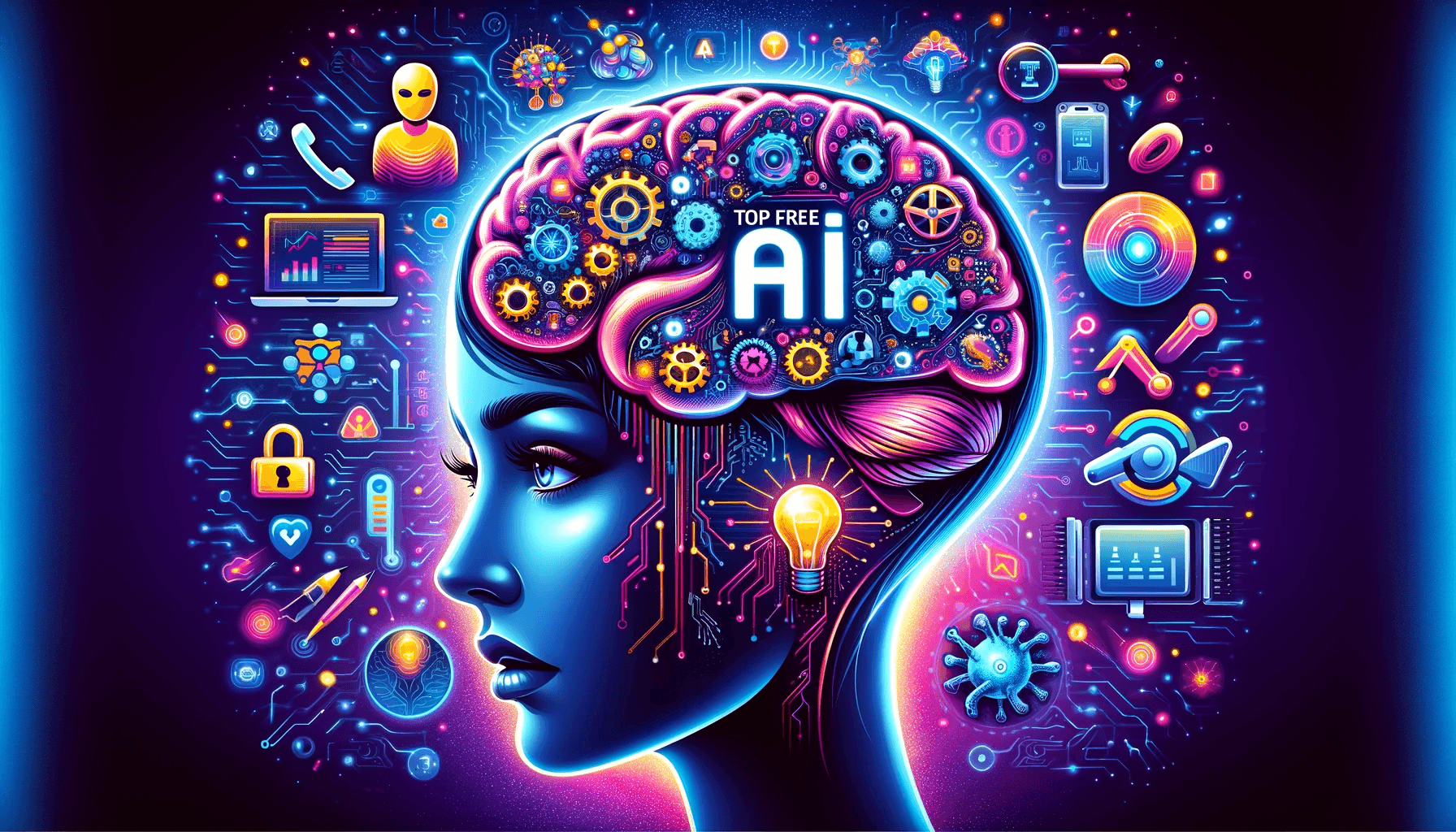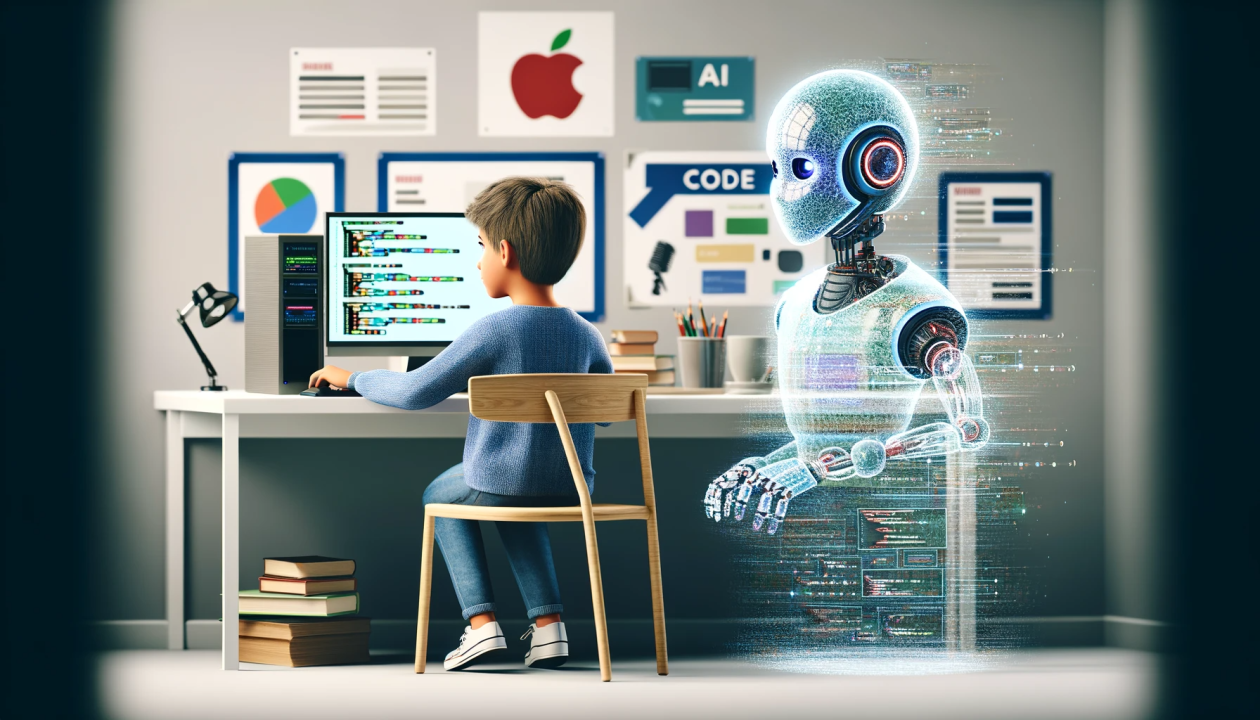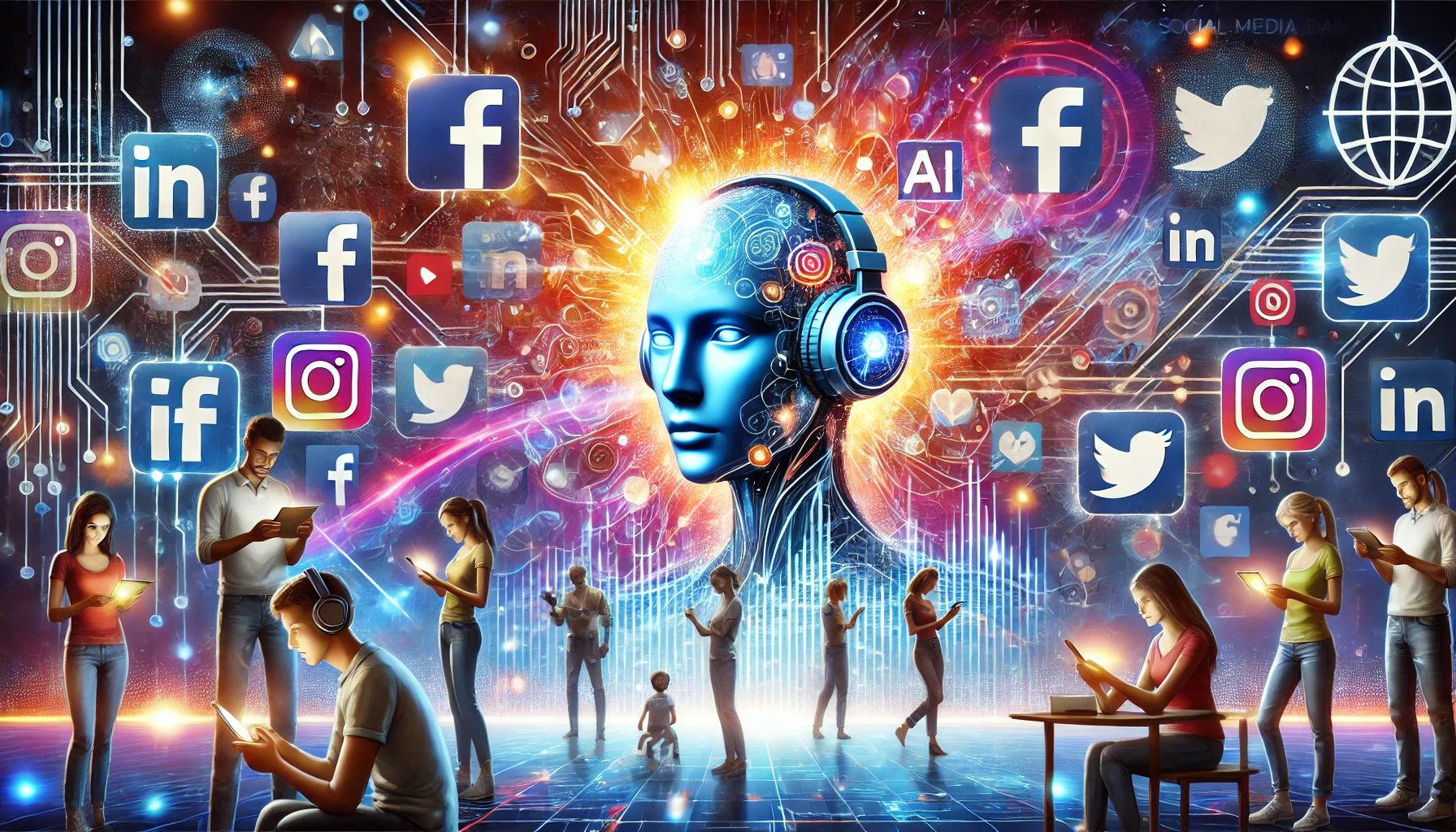Artificial Intelligence (AI) is revolutionizing the gaming industry, enhancing gameplay, creating more immersive experiences, and shaping the future of game development. Understanding the applications of AI in gaming reveals how it contributes to smarter, more dynamic, and personalized gaming environments.
How is AI Used in Gaming?
AI in gaming involves the use of intelligent algorithms and machine learning to control non-player characters (NPCs), adapt game difficulty, generate environments, and personalize player experiences. It allows games to respond to players in real-time, creating worlds that feel alive and unpredictable.
Key Applications of AI in Gaming
Smarter Non-Player Characters (NPCs)
AI is used to develop NPCs that can make realistic decisions and respond intelligently to player actions. Unlike traditional scripted behaviors, AI-driven NPCs can adapt, learn, and evolve, providing players with more challenging and engaging interactions.
Procedural Content Generation
AI enables the automatic creation of levels, maps, and in-game assets through procedural content generation. This approach can generate unique game experiences for each player, extending replay value and reducing manual design time for developers.
Personalized Gaming Experience
AI can analyze player behavior to customize game difficulty, recommend strategies, and adapt storylines in real-time. By understanding a player’s style and preferences, games can offer tailored experiences that keep players engaged and invested.
Realistic Graphics and Animation
AI assists in enhancing graphics by improving texture generation, character animations, and lighting effects. Machine learning algorithms can be used to create life-like facial expressions, smooth movements, and immersive environments.
Enhanced Game Testing
AI-powered bots are used to automate the testing process by simulating thousands of gameplay scenarios. This speeds up quality assurance, detects bugs efficiently, and ensures more balanced and polished game releases.
Dynamic Storytelling
AI can contribute to branching narratives that change based on player choices, making each playthrough unique. Through real-time decision-making and adaptive storytelling, AI allows for more complex and emotionally rich storylines.
Anti-Cheat Systems
AI plays a critical role in modern anti-cheat systems by detecting unusual behavior patterns that may indicate cheating. It helps maintain fair play and improves the overall gaming environment.
Considerations for AI in Gaming
While AI offers significant advantages in gaming, thoughtful implementation is essential:
- Ethical AI Use: Ensure AI doesn’t manipulate players unfairly or invade privacy through excessive data collection.
- Game Balance: AI-driven adaptations should maintain fair challenge levels without creating insurmountable obstacles or predictable outcomes.
- Preserving Player Agency: AI should enhance, not limit, player freedom and creativity within the game.
Conclusion
AI is driving a new era of gaming by making virtual worlds smarter, more responsive, and endlessly customizable. From creating adaptive NPCs to personalizing player journeys, the applications of AI in gaming are expanding the boundaries of what is possible. Balancing innovation with ethical practices ensures that AI continues to enhance player enjoyment and shape the future of interactive entertainment.







Leave feedback about this